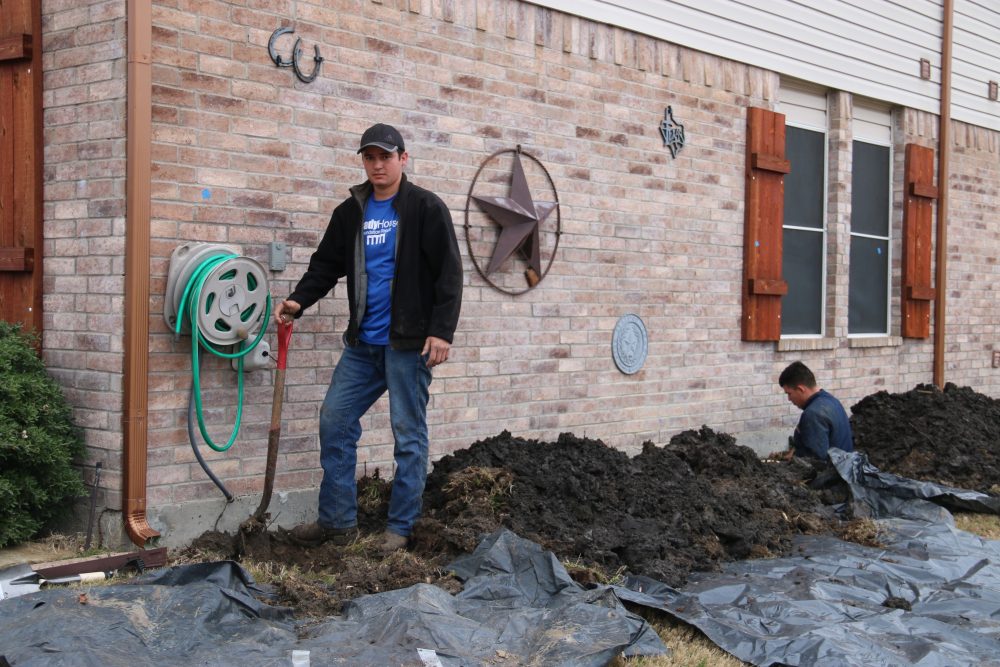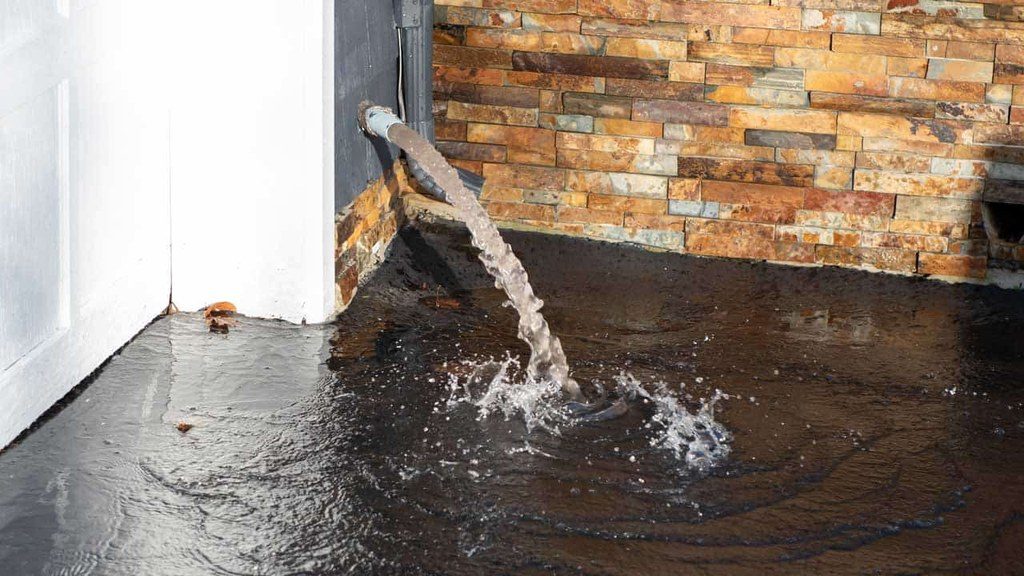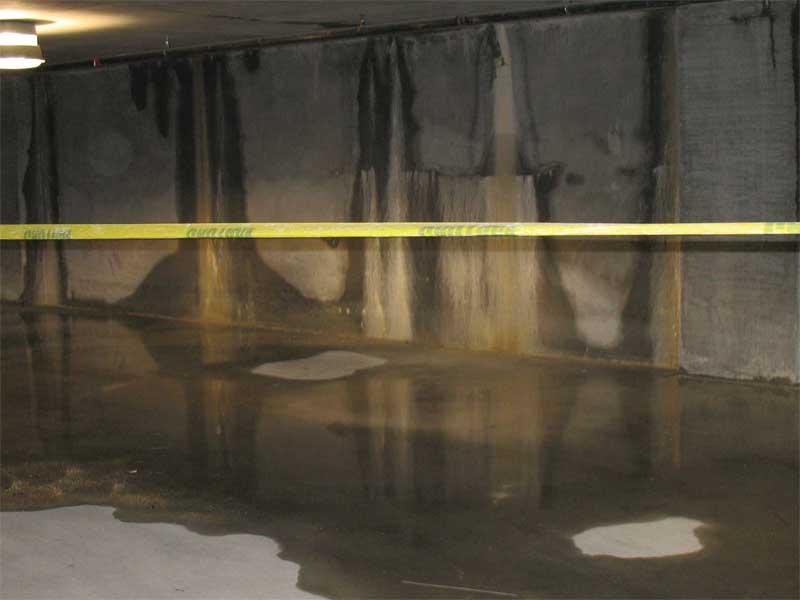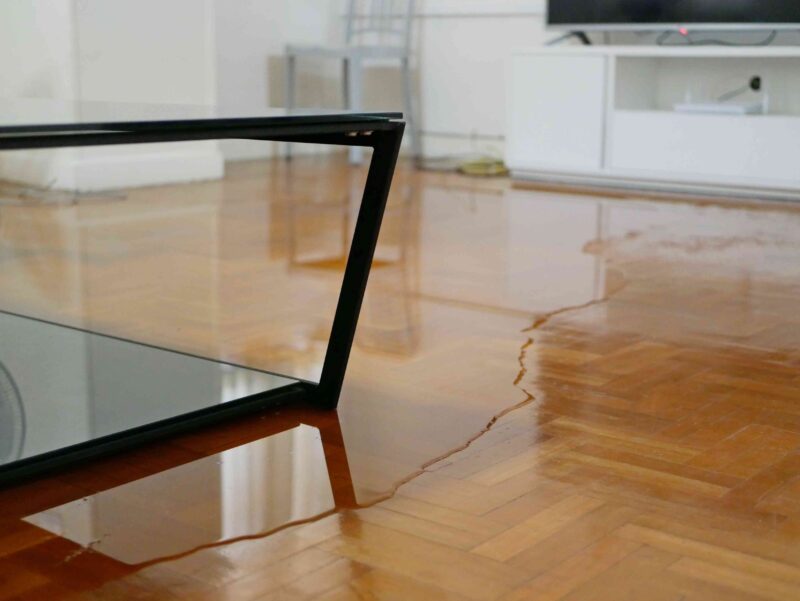Basement leaks during rainy weather can often be a source of concern for homeowners. The presence of water seepage in a basement can indicate underlying issues such as poor drainage, cracks in the foundation, or faulty waterproofing.
Understanding the common causes of basement leaks can help homeowners identify and address potential problems before they escalate. In this article, we will explore some of the typical reasons why basements may leak during rain, as well as discuss when these leaks can be considered a minor issue or a major concern.
By examining these factors, homeowners can better evaluate the seriousness of basement leaks and take appropriate steps to prevent water damage to their homes.
Common Causes of Basement Leaks During Rain
These cracks can serve as direct pathways for water to seep into the basement, leading to potential structural and moisture issues. Professional basement crack repair is essential to address these concerns and prevent water from infiltrating your living spaces. Neglecting such issues can result in costly damage over time, making timely intervention crucial for maintaining your home’s integrity.
There are several common causes of basement leaks during rain that homeowners should be aware of. One major culprit is poor drainage around the foundation of the home, which can lead to water seeping into the basement through cracks in the walls or floors.
Another common cause is clogged gutters and downspouts, which can cause water to overflow and pool around the foundation. Additionally, cracks in the foundation itself can allow water to penetrate the basement during periods of heavy rain.
Another critical factor is the management of surface water drainage. Properly directing rainwater away from your home through functional gutters, downspouts, and drainage systems can prevent water from accumulating around the foundation.
It is important for homeowners to regularly inspect their basements for signs of leaks and address any potential issues promptly to prevent water damage.
Signs of Concern in Basement Leaks During Rain

One of the signs that there may be a concern with basement leaks during rain is the presence of water pooling or flooding in the basement. This could indicate a more significant issue with the foundation or waterproofing of the basement.
Another sign to watch for is the appearance of mold or mildew, which can thrive in damp, wet environments. Stains on the walls or ceiling, peeling paint or wallpaper, and musty odors are also indicators that there may be a problem with water entering the basement.
Its essential to address these signs promptly to prevent further damage and potential health risks to those living in the home.
Methods for Analyzing and Addressing Basement Leaks
A professional foundation inspection can further assist in identifying hidden structural issues contributing to basement leaks. Experienced inspectors use specialized tools and techniques to evaluate the condition of your foundation, ensuring any vulnerabilities are addressed effectively. By incorporating expert guidance into your maintenance routine, you can ensure long-term protection for your basement and home.
When addressing basement leaks during rainy weather, it is essential to first identify the source of the leak. This can be done by visually inspecting the basement walls and floors for any signs of water seepage or damage.
Once the source is identified, various methods can be used to analyze and address the issue. One common method is to seal cracks or gaps in the foundation or walls using a waterproof sealant.
Additionally, ensuring proper drainage around the foundation can help prevent water from seeping into the basement. Installing a sump pump or interior drainage system can also help mitigate leaks and keep the basement dry.
Regular maintenance and inspection of the basement can help to identify and address leaks before they become a major concern.
Importance of Addressing Basement Leaks Promptly

Addressing basement leaks promptly is crucial for maintaining the structural integrity and safety of your home. Ignoring leaks can lead to water damage, mold growth, and even potential health hazards for you and your family.
By taking immediate action to identify and fix basement leaks during rainy periods, you can prevent costly repairs in the future and ensure a dry and healthy living environment. It is important to address leaks promptly to avoid any further damage and ensure the long-term stability of your home.
Taking proactive measures to address basement leaks can save you time, money, and stress in the long run.
Conclusion and Final Thoughts on Basement Leak Analysis During Rain
In conclusion, analyzing basement leaks during rain can be a complex and multifaceted process that requires a careful examination of various factors. It is important to consider the potential sources of leaks, such as cracks in the foundation or improper drainage systems, to accurately identify and address the issue.
Additionally, the severity of the leak and the extent of any water damage must be taken into account when determining the best course of action. While it may be tempting to simply patch up the visible signs of a leak, it is crucial to conduct a thorough assessment to prevent future problems from arising.
Overall, understanding the common causes of basement leaks and taking proactive measures to address them can help homeowners maintain a dry and healthy living environment.
Conclusion

In conclusion, homeowners need to take basement leaks during rain seriously, as they can lead to extensive water damage, mold growth, and structural issues. While some leaks may be common and easily fixed with proper maintenance and repairs, persistent or severe leaks may be a cause for concern and require professional intervention.
Investing in basement waterproofing in Niagara can help prevent leaks and protect the integrity of the home. Ultimately, being proactive and addressing basement leaks promptly can save homeowners time, money, and stress in the long run.


